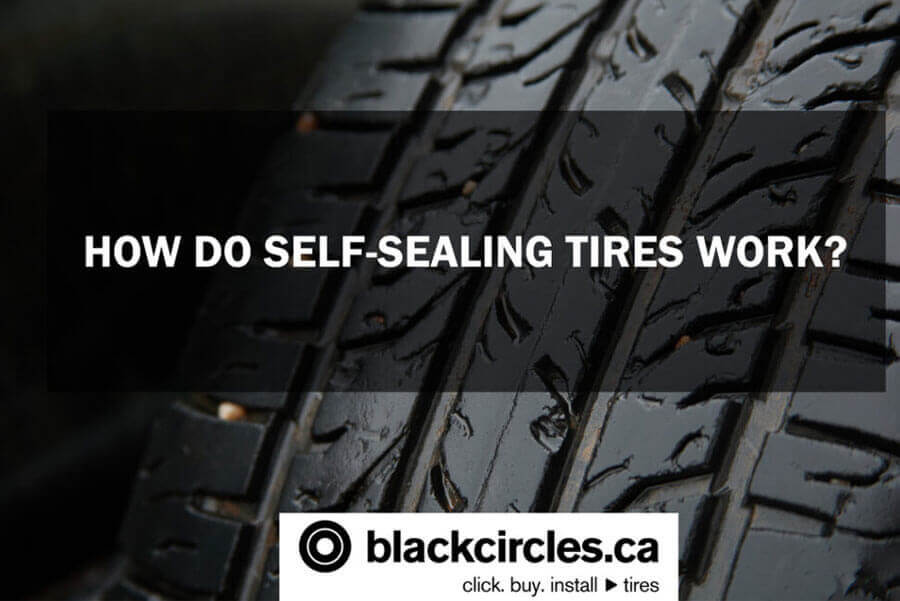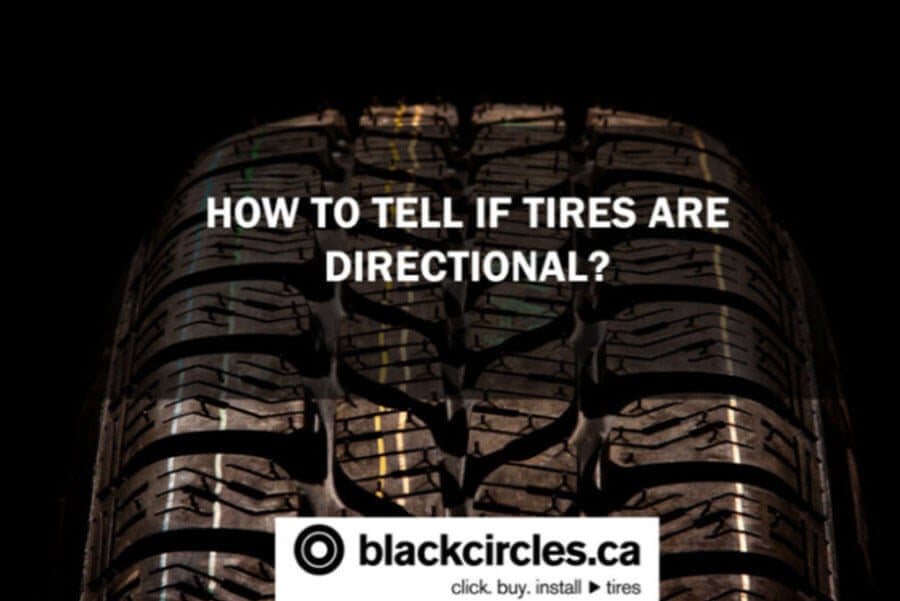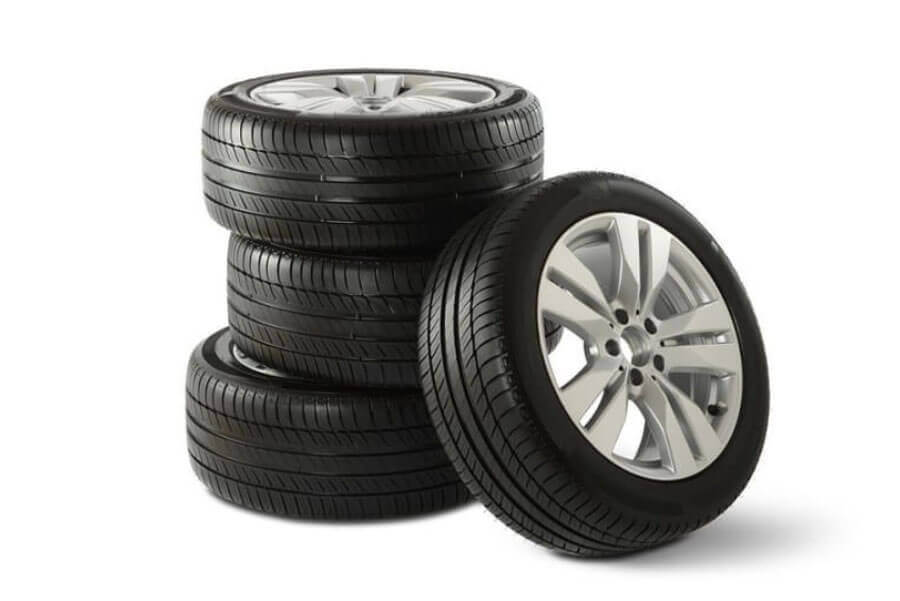One challenging issue all drivers face at one time or another is a flat tire. Flat tires can put a damper on anyone’s day, and when you realize they can happen anytime – plus the fact you have to get your car to the repair shop, or try to install the temporary tire, it can become quite a source of stress. It’s good to know there’s a type of tire you can buy and install on your vehicle that drastically reduces the chance of a flat tire ruining your day: the self-sealing tire.
What is a self-sealing tire?
If you are wondering what exactly a self-sealing tire is, this technology is based on the same one behind run-flat tires. How it works is that inside the tire there is a very sticky, thick rubbery liquid that moves quickly to seal any puncture 5mm or less in your tire tread the moment it happens. When the sticky sealant fills the punctured tread area, you can continue to drive as you normally do, without any noticeable loss of tire pressure or control, until you are able to reach your destination and have the tire repaired.
The introduction of self-sealing tires has ensured that no matter where you are travelling, if your tire is punctured by a nail, screw or piece of glass – or another sharp object – you will be able to continue your journey safely until you can reach your destination.
Self-sealing technologies
Many of the popular tire brands have a range of self-sealing tires available. Here, the team at blackcircles.ca gives a brief description of some of the self-sealing tires available from some of the larger manufacturers.
Continental ContiSeal
The ContiSeal tire from tire manufacturer Continental is a great option if you are looking to buy self-sealing tires online at the best price. The ContiSeal is guaranteed to seal 80 per cent of all tire punctures, which gives drivers excellent peace of mind. With the proprietary inner sealant that is present in the ContiSeal self-sealing tire, any small puncture to the tire tread under 5 mm will self-seal automatically, and you will be able to complete your journey safely.

GoodYear DuraSeal
The Goodyear DuraSeal self-sealing tire is another great choice. The sealant inside this tire can patch up a one-quarter inch diameter puncture and be relied upon to seal multiple punctures of this size, if necessary. How it works is this, if a nail punctures your tire, then the compound – called DuraSeal – inside the tire immediately surrounds and seals the puncture so you can safely keep driving.

Michelin SelfSeal
Michelin SelfSeal tires have been designed to protect the tire surface from common, everyday objects that are most likely to cause flat tires, such as nails and screws. The inner technology that seals tires inside the Michelin line of self-sealing tires can repair punctures up to 6 mm in diameter. The self-sealant inside this tire is also made of a natural rubber sealant which is claimed to be more environmentally friendly than other self-sealing compounds.

Pirelli Seal Inside
The Pirelli self-sealing tire uses technology called Seal Inside, and promises that your vehicle will keep running without losing air pressure in 85 per cent of cases where the tire has been punctured. Like most self-sealing tires, this Pirelli also does not require any special rims and can be monitored by most tire pressure monitoring systems that are installed on today’s modern cars.

Hankook Sealguard
Hankook also offers a self-sealing tire, and this tire, introduced in 2015, features proprietary technology from this international tire manufacturer that ensures tires in this range can self-seal from the most common punctures on the road, like nails and screws. With Hankook’s self-sealing technology, you are assured you can get to your destination safely, and with the same regular performance you expect from these tires.

Pros & Cons of Self-Sealing tires
Of course, there are pros and cons surrounding the use of self-sealing tires. Like all consumers, you likely try to gather as much information as you can before you make a purchase. If you are considering buying self-sealing tires for your vehicle, then here is a list of pros and cons to consider.
Pros of buying Self-Sealing tires
- Self-sealing tires do not require any special rims or other hardware and can be easily installed on most vehicles.
- Self-sealing tires can be mixed and matched with your current tires. This means that your self-sealing tires will work fine with whatever other tires you have installed on your vehicle at the time, if you choose to buy them separately.
Cons of buying Self-Sealing tires
- Self-sealing tires can protect you against any punctures that occur in the centre of the tire tread (the part that makes contact with the road), but it does not work on sidewall punctures – which are a rare occurrence in everyday driving.
- Self-sealing tires are not quite as costly as run-flat tires, but they are generally slightly more expensive than all season, summer or winter tires.
If you are in the market for tires and are interested in buying self-sealing tires for your vehicle, then it’s always good to do some comparison shopping on the different brands first. At blackcircles.ca, we are proud to offer some of the best brands of self-sealing tires on the market, and at the best prices in Canada. Feel free to browse our website, or, if you have specific questions, then simply call us, send us an email or use our handy online chat function, and a member of our friendly and experienced tire sales team will be happy to help you.






